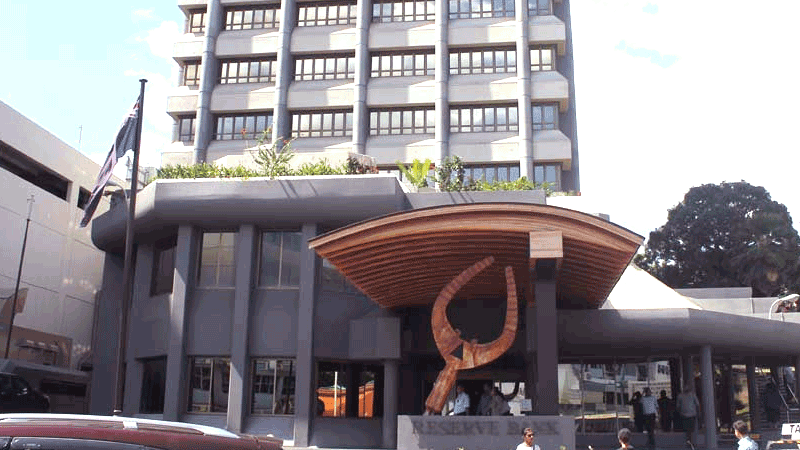
The Reserve Bank of Fiji states that overall labour market conditions have worsened due to the weakening domestic economy.
The RBF says a total of 85,959 FNPF members received around $54.2 million under the COVID-19 withdrawal scheme in phase one, while 15,920 members will be paid around $17.5 million in phase two over a period of 10 weeks.
In addition, the number of jobs advertised contracted by a significant 48.8 percent on an annual basis up to May, indicating depressed recruitment intentions and business activities.
Upto May, contractions were noted in commercial banks’ new lending for consumption purposes by 20.2 percent, net VAT collections was down by 30.1 percent, as well as registrations for new vehicles were down by 45.3 percent and secondhand vehicles were down by 65.5 percent. In the same period, domestic cement sales were down by 18.8 percent and new lending for building and construction purposes were down by 28.7 percent.
Excess liquidity in the banking system remained ample at $849 million at the end of May on account of RBF’s investment in government bonds, higher foreign reserves and the reduction in currency in circulation over the month.
Annual inflation fell further to -1.7 percent in May from -1.3 percent noted in April and was significantly lower than the 2.1 percent recorded in May 2019. The outcome was largely driven by lower prices for yaqona, fruits and vegetables, kerosene, petrol and diesel.
As at today, foreign reserves totalled $2.181 billion, sufficient to cover 6.8 months of retained imports.
Stay tuned for the latest news on our radio stations

